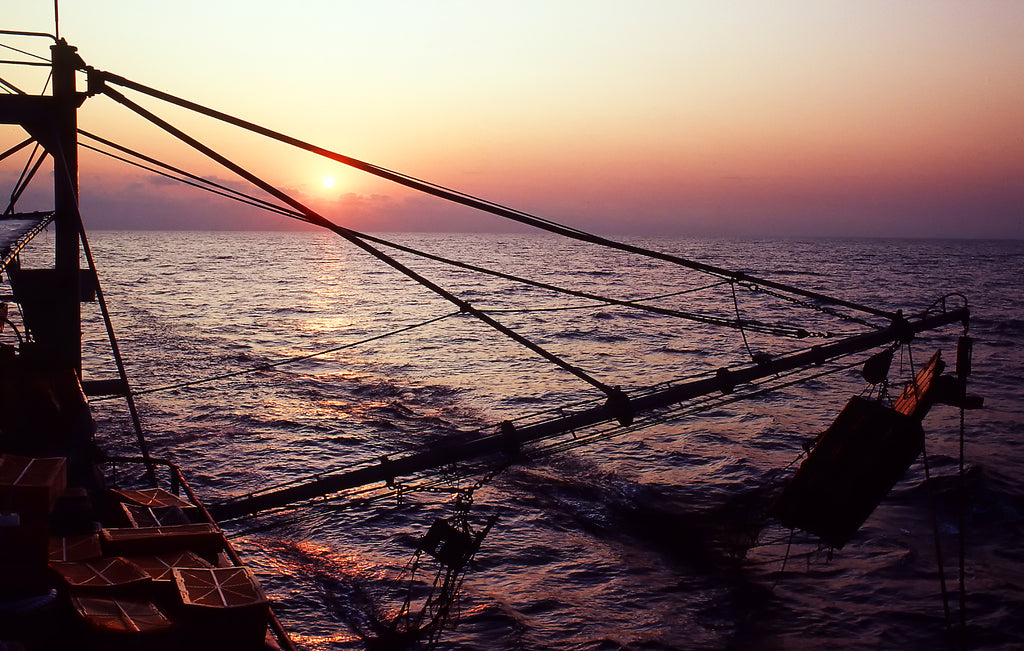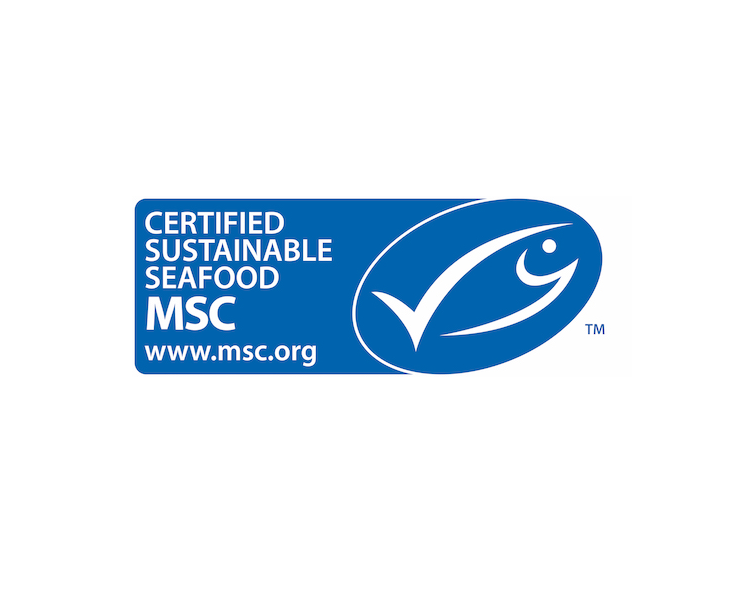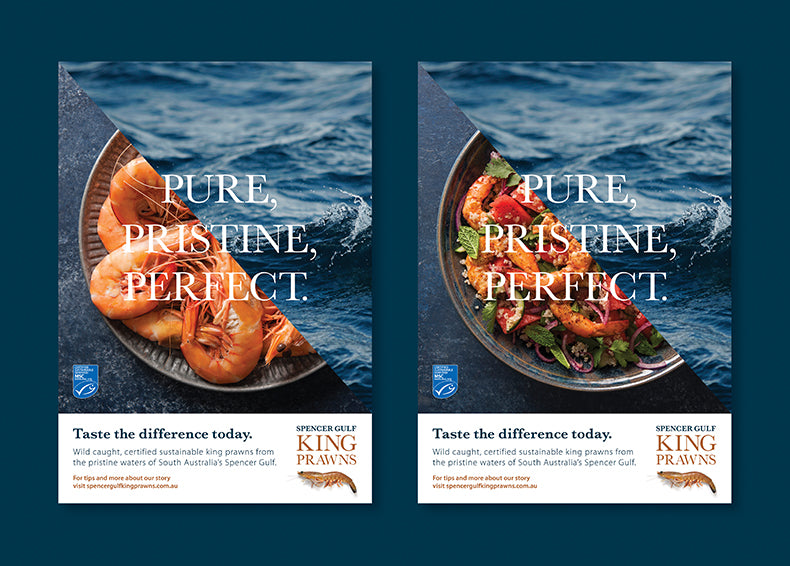Climate Change, Seafood & Sustainability
Climate change, disrupted weather patterns, rising global temperatures and higher sea levels are caused by greenhouse gas emissions (GHG). Agriculture, and in particular meat production, is responsible for approximately one third of all GHG emissions. As humans, our diets must include protein for cell renewal, building and repairing tissue and to function properly. It is an essential macronutrient, yet it is also the most carbon-intensive nutrient that our bodies need.
The most common form of protein for most humans is meat, particularly in western diets. It is also the most damaging to the environment due to the GHG that each animal emits and the amount of food that it takes to sustain and grow that animal.
Recent studies have shown however, that wild caught seafood has as little as one-sixth the carbon footprint of other animal protein.
The seafoods that have been identified as having a low carbon footprint with a very high nutritional benefit include wild-caught small pelagic and salmonid species, and farmed bivalves like mussels and oysters. Studies show that a pescatarian diet emits only one percent more carbon emissions than a vegetarian diet.
Land clearing and freshwater usage are big factors in the unsustainability of meat farming and in comparison, wild caught seafood as a primary source of protein requires little to no land usage or fresh water.

Eating a diet that is high in wild caught seafood is not only good for you but good for the planet. But what about overfishing and sustainability?
Public perception regarding sustainable fishing is still quiet low with groups still calling for the planet to give up seafood completely! This is not an option for many coastal communities across the world and would be detrimental to our need for low carbon proteins to feed the ten billion population estimated for 2050.
Yet sustainable fishing is possible as is recovery through careful management. A sustainable fishery is one that will only fish to healthy stock levels, manages the long-term prospects for continued fishing and minimizes the impact on other species and the marine ecosystem.
There is a growing urgency in the industry which is working hard on a transparent and reliable certification of seafood. Currently there is one certification that is having some success – the Marine Stewardship Council blue tick – or MSC which has more than 400 wild capture fisheries certified around the world. The supply chain of these fisheries are also tracked and certified, including over 48,000 sites from supermarkets and restaurants to processors, distributors and warehouses. MSC was established in partnership with Unilever and the World Wildlife Fund to stop overfishing.

Look for the MSC blue tick
When you choose seafood with the blue tick you are doing your part to ensure sustainable practices and good management of our oceans and the seafood industry. You’re also building an incentive for more fisheries to raise their standards to achieve certification.
To become certified, fisheries are independently assessed by scientists and annually audited. The MSC Chain of Custody certification ensures that sustainable seafood is not mixed with unsustainable seafood so that you can be confident you are getting what you paid for.
The process of certification takes years and is extremely exacting because it demands industry best practice for the health of the oceans. Everything from being able to NOT catch juveniles, returning bycatch back to the ocean alive and unharmed within minutes to CCTV monitoring every move is all part of the process.

Spencer Gulf Western King Prawns – MSC certified
South Australia’s own Spencer Gulf Prawn Fishery became the first king prawn fishery in the world to achieve the exacting standards required to be MSC certified in 2011. It was also the first prawn fishery in the Asia Pacific to meet the standard. Here at Dawson's, we stock Spencer Gulf Western King Prawns year-round and with the warmer weather on its way, nothing could be more delicious.
Ask us about sustainable seafood and wherever you are, look for the blue tick. Keeping our industry sustainable is critical for our future.

